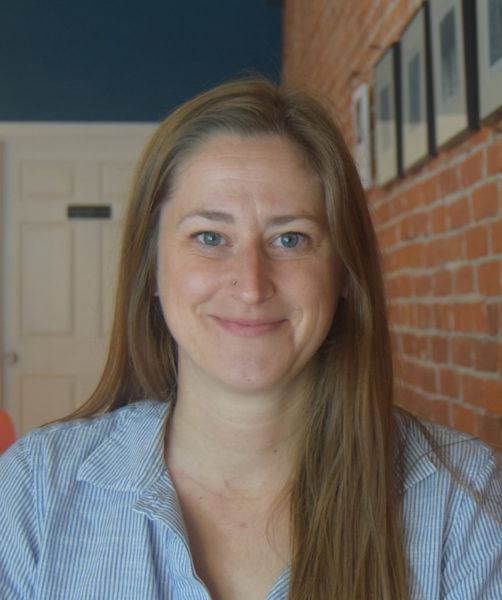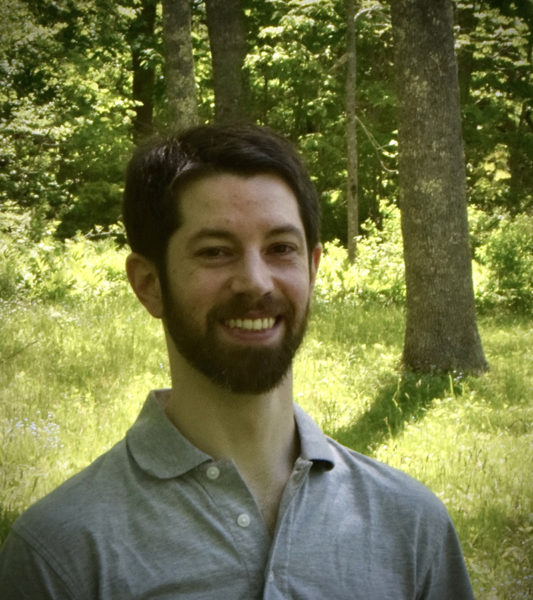On Tuesday, June 11, Waldoboro voters will consider four candidates in a charged race for two seats to represent Waldoboro on the RSU 40 Board of Directors.
RSU 40 oversees K-12 education in the five towns of Waldoboro, Friendship, Warren, Washington, and Union, and also operates several preschool programs, including two pre-K classrooms at Miller School in Waldoboro. In total, the district operates seven schools: five elementary schools, Medomak Middle School, and Medomak Valley High School, which combined serve 1781 students as of June 5.
Waldoboro has the largest proportion of students in RSU 40, with 643 currently enrolled across the district’s seven schools making up 36.1% of RSU 40’s enrollment.
The RSU 40 Board of Directors has 16 members, five of whom represent Waldoboro. Seats currently occupied by Jeanette Wheeler, who has said she is not interested in running for reelection, and Sandra O’Farrell, who has chosen to run for the Waldoboro Select Board instead, will be contested on the June ballot.
The four candidates running for two seats are Tabatha MacArthur, Steven Karp, Benjamin Stickney, and write-in candidate Leah Shipps.
Terms on the RSU 40 Board of Directors are three years.
Waldoboro residents will vote for two candidates at the annual town meeting by referendum, which is set for Tuesday, June 11. Polls will be open from 8 a.m. to 8 p.m. at the Waldoboro municipal building at 1600 Atlantic Highway.
Steven Karp

Steven Karp (Courtesy photo)
Steven Karp said that he is running for the RSU 40 Board of Directors to advocate for transparency, curriculum changes, and frugality.
Karp, a retired aircraft mechanic and veteran of the U.S. Air Force, and his wife Carmen Karp moved to Waldoboro in 2016 from Atlanta, Ga. The couple has three grown daughters who live out of state. Karp said that his connection to the schools was through his role as a taxpayer and Waldoboro resident.
Karp has not previously held municipal office. He serves as finance officer for the Waldoboro chapter of the American Legion and has twice previously run for a seat on the RSU 40 Board of Directors.
One reason Karp is running again, he said, was his belief that Maine schools are actively declining in quality.
“We need to get back to basics,” said Karp, who said that he wanted to see more focus on core educational areas of reading, writing, math, and history, also naming cursive writing and multiplication tables as examples.
Karp also said he wanted more transparency from the district regarding curriculum.
“There’s only a very partial curriculum posted on the website, and I think it’s very vague, so I’m still asking for that,” Karp said. He said he believes it is the right of parents to access school curricula.
When asked about the main challenges facing the district, Karp identified the state of RSU 40 facilities as a concern.
“That should be our number one priority,” he said.
However, Karp said, he thought the $81 million facilities bond that failed to gain voter approval in November 2023 was too large.
Karp said that the district was fortunate to have “some really good teachers,” and also identified the career and technical education pathways available to high school students as an asset.
“I like the emphasis on that, and I’m sure they could do more,” Karp said.
In the long term, Karp said he wanted to see the district focus on curriculum and getting “back to basics.”
Tabatha MacArthur
MacArthur did not respond to multiple requests for an interview by press time. Attempts were made to contact her by email on Thursday, May 23; Wednesday, May 29; Monday, June 3; and twice on Tuesday, June 4. She was reached by phone on Thursday, May 30 and Monday, June 3 at which times she declined to speak or schedule an interview.
Later on Monday, June 3, MacArthur sent a follow-up email, but did not respond to subsequent attempts to schedule an interview.
She was contacted through an email address provided by the town of Waldoboro and a work phone.
Leah Shipps

Leah Shipps (Molly Rains photo)
Shipps announced her write-in campaign for a seat on the RSU 40 Board of Directors in mid-May.
“I became aware of the composition of the board, and had growing concerns about political rhetoric being used at board meetings,” Shipps said, identifying the potential repeal of RSU 40’s transgender and gender expansive students policy and previous attempts by the board to limit library materials as examples of political activity on the board that Shipps sees as harmful.
“Ultimately, that rhetoric does not support public schools,” Shipps said.
Shipps, who grew up in central Maine, moved to Waldoboro three years ago. Shipps has two children who attend Miller School and works in Alna as an estimator and project manager for Old House Restoration.
Shipps sees the funding of school repairs as a major issue that the district must tackle in the near future.
“We’re doing a lot of Band-Aid repairs, and I have a lot of concerns about what that looks like going forward,” Shipps said.
After the failure of the $81 million capital improvement bond last November, Shipps said she wants to be a part of the conversation to determine how best to proceed in accomplishing improvements at the district’s facilities.
Shipps said she believes Waldoboro’s strong sense of community is an asset, but one that is undermined by the deterioration of local school facilities.
“We have a lot to be proud of … but if you drive into Waldoboro, you wouldn’t see that sense of pride reflected in our buildings,” Shipps said.
Shipps said that negativity on the RSU 40 Board of Directors was also something she hoped to address if elected.
The claim that Maine schools are declining in quality was one example Shipps gave of a negative narrative that she said may be oversimplified and unproductive.
“You’ve got to look at the other side of that and say, what’s going on with the schools?” Shipps said. “Looking at it from the community that we live in, we know that there are issues with poverty and trauma, substance abuse, homelessness and under-housing. Not just that, but the economy and the strain that’s putting on families. So how do we better address that as a community?”
As many of the issues faced by schools are shared throughout the broader community, Shipps said that sharing a more positive narrative and inspiring community members to come together could help address the issues faced by RSU 40.
“We as a community need to come together to find those solutions, in a way that’s tenable for the people who live here,” she said.
Benjamin Stickney

Benjamin Stickney (Molly Rains photo)
Stickney said he is running for the RSU 40 Board of Directors to promote a healthier culture on the board and in schools and to be a voice in addressing the district’s financial and facilities-related challenges.
“Public schools are really, really important to the towns they’re in,” Stickney said. “They’re one of the few institutions that most people in that area will have experienced at some point in their lives.”
Stickney, originally from St. George, is acting curator of photography at the Maine State Museum in Augusta. He is also a father to one son who attends Miller School.
Though Stickney has not held public office before, he decided to run this year, Stickney said, after observing a cultural shift on the school board that concerned him as a parent and resident.
“The big concern for me is the increase in extreme rhetoric around the school board and it becoming increasingly politicized in a way that seems hostile,” Stickney said.
Stickney identified conversations around book bans and facilities needs in the district as examples of where culture had become “hostile.”
“I feel like it’s hostile in general, too,” Stickney said. “It’s spilling over and it’s resulting in rhetoric and decisions that I feel are very detrimental to the quality of schools overall.”
Stickney, a “lifelong reader” whose wife, Marie Stickney, is a librarian, said that he is opposed to book bans.
“It’s contrary to what education is all about,” Stickney said, suggesting that students needed opportunities to engage with ideas from all angles in order to form their own core beliefs.
Stickney also said he wanted to be involved in improving staff retention and assist in moving forward with facilities maintenance in the wake of the capital improvement bond failure last November.
Comparing the district’s facilities to an old car that’s been on the road for many miles, Stickney said that the costs of maintaining the schools can’t be ignored – but by investing wisely and reasonably in schools, Stickney said, he believes that there is a way to maintain facilities “in a way that we can afford and that we can sustain.”
Stickney suggested that investing in schools could ease the burden on taxpayers in the future by drawing young families and working-age people to Waldoboro, growing the town’s tax base.
Then, he said, “people on fixed incomes aren’t forced to carry (the tax bill) all themselves.”
“I really think that is the long-term solution for this issue,” Stickney said.
Stickney said he hoped that, going forward, the district would build on its existing strengths and assets while “avoiding some of the pitfalls of the current political climate or the current economic situation.”



